878 Squadron Leadership
CIC officers are members of the Canadian Armed Forces and belong to the Cadet Organizations Administration and Training Service (COATS). This sub-component of the Reserve Force consists of officers and non-commissioned members who, by the terms of their enrolment or transfer, have undertaken as their primary duty the safety, supervision, administration and training of Cadets or Junior Canadian Rangers.
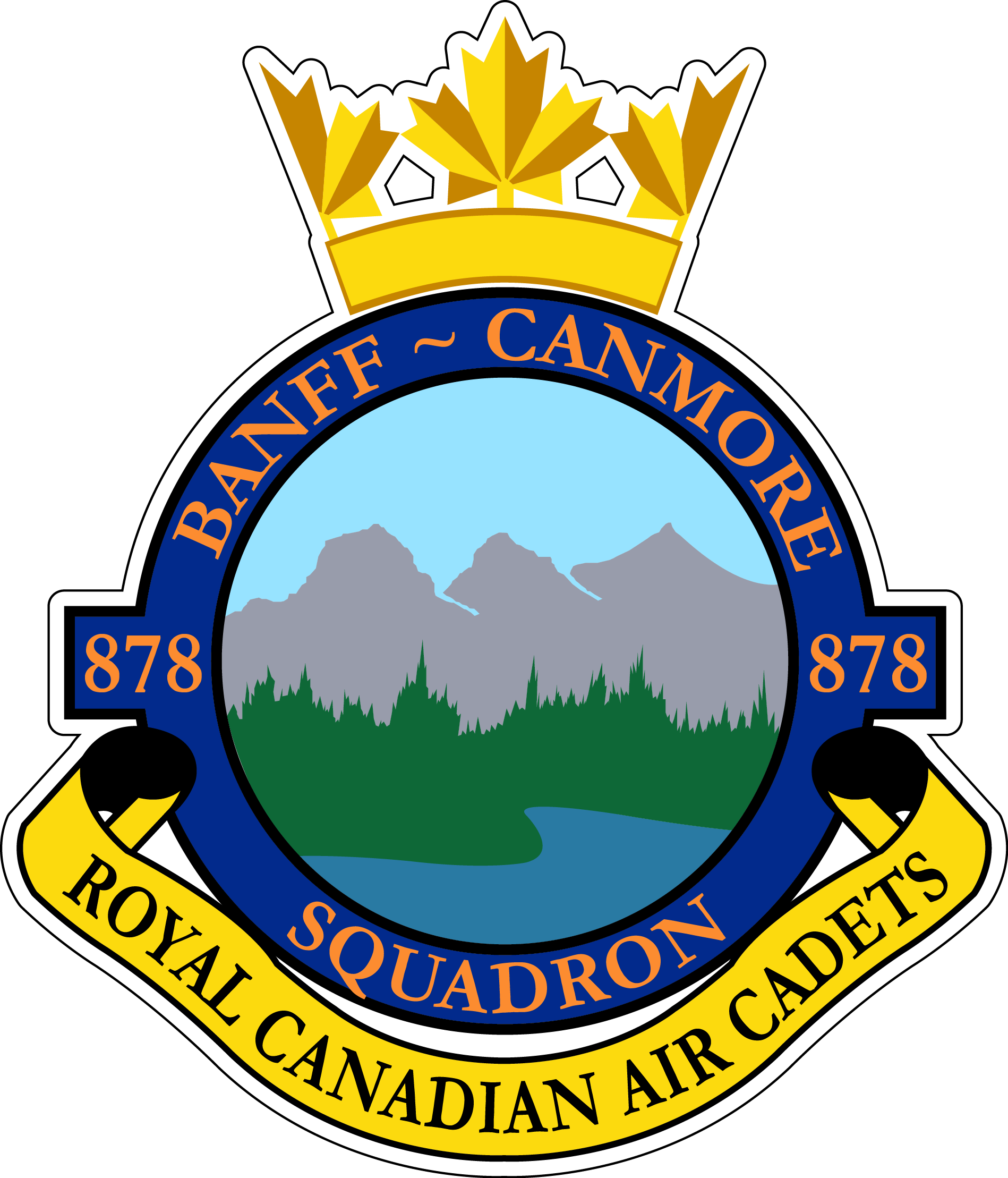
Unleash Your Potential
Become and Adult Volunteer
Officers, Senior Cadets and Volunteers of 878
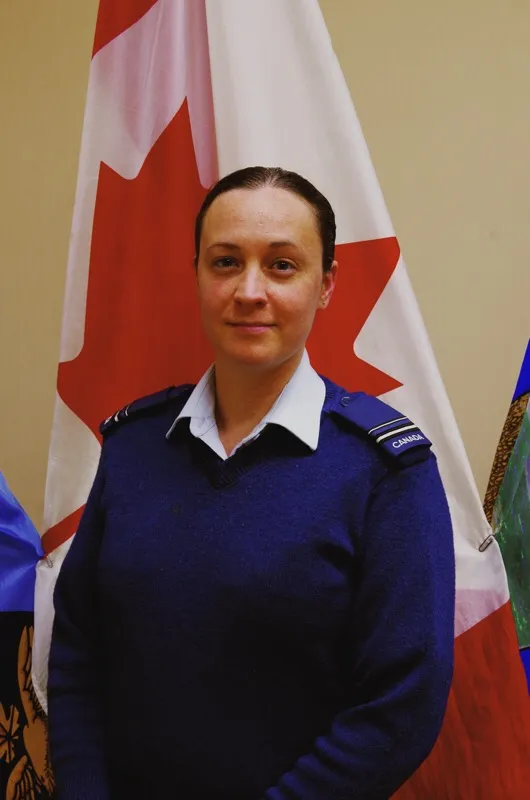
Captain G. Petty, CD
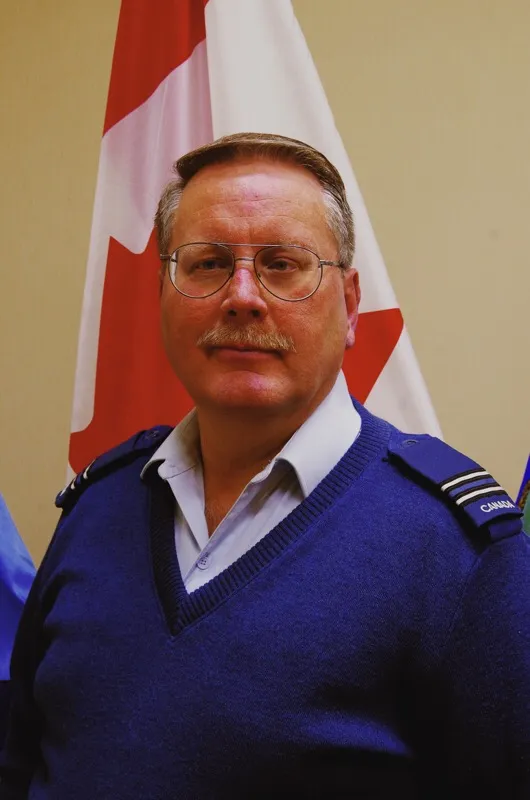
Administration Officer
Captain R. Van Dorsen, CD
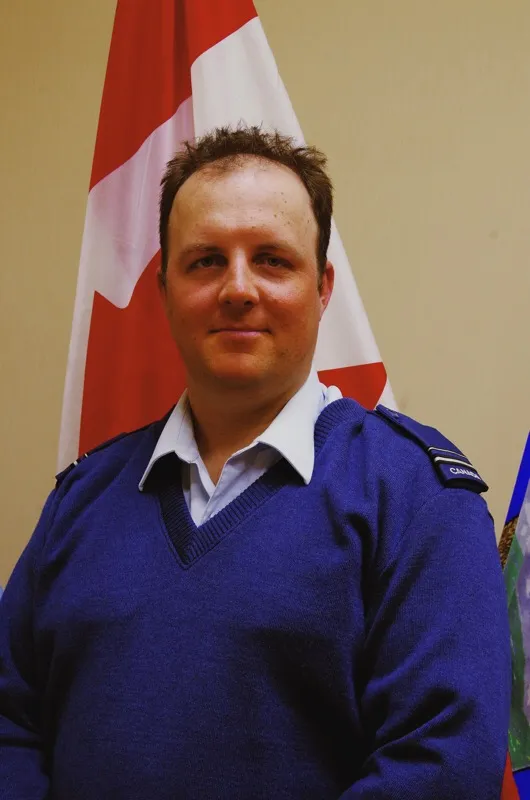
Lt. M. Walker
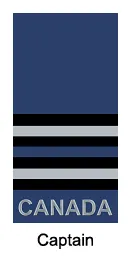
Capt. K. Backiney, CD
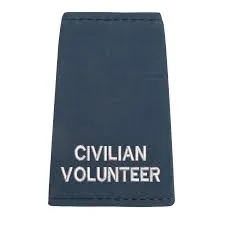
Supply Officer

Instructor
Officer Ranks
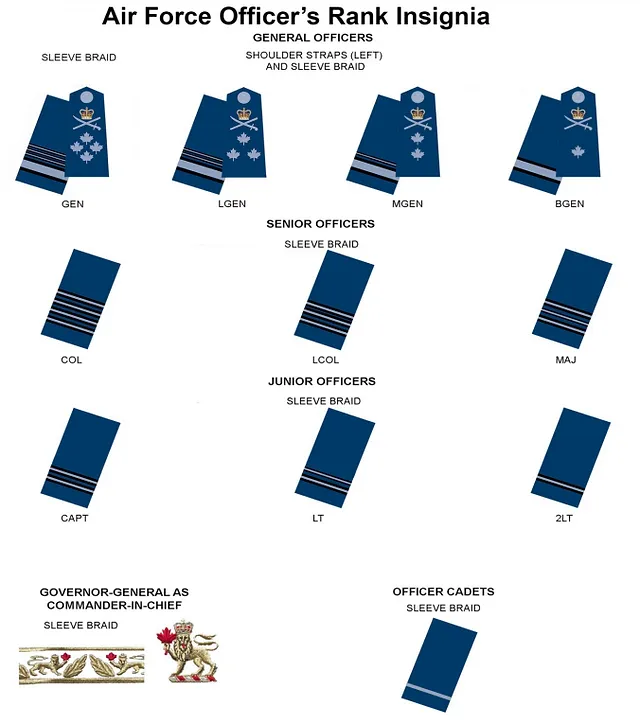
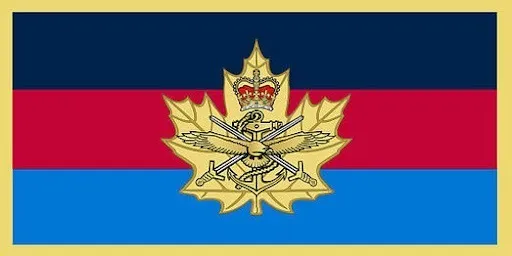
Cadet Instructor Cadre
Cadet Instructors Cadre (CIC) Officers are dedicated members of our community who work with youth in their spare time by providing them with a dynamic and structured program. The CIC consists of approximately 7,800 commissioned officers whose primary duty is the safety, supervision, administration and training of over 52,000 Cadets.
CIC officers are members of the Canadian Armed Forces and belong to the Cadet Organizations Administration and Training Service (COATS). This sub-component of the Reserve Force consists of officers and non-commissioned members who, by the terms of their enrolment or transfer, have undertaken as their primary duty the safety, supervision, administration and training of Cadets or Junior Canadian Rangers.
CIC officers serve in the sea, land or air elements and receive specialized training to prepare them for their duties as youth leaders. Many of them are former cadets who wish to give back to their community. Others consist of former Regular or Primary Reserve Force members, interested parents or members of the community at large.
CIC Officers work with cadets an average of one night a week and one weekend per month, with additional time devoted to organizing and planning activities. Some also spend their summers instructing cadets at one of the over 12 cadet summer training centres or accompany cadets on competitions, expeditions or foreign exchange visits. CIC officers instruct cadets on the wide variety of skills and knowledge that is contained in the cadet program. They also provide coaching, and mentorship and become role models for our youth.
History
The CIC has been through a few name changes over the past century, but it has consistently been the base of instructors for the cadets.
The first authority for adult instructors of cadets to hold military rank was promulgated in a special order on 21 December 1903. While employed in service to the cadet organization, instructors of army cadets held the rank of second lieutenant in the Militia.
On 1 May 1909, these officers were organized into the Corps of School Cadet Instructors (Militia), recognized as the forerunner of the Cadet Instructor Cadre of today. Formed primarily of school teachers, this officer cadre was disbanded in 1921 during a period of reorganization. It reappeared on 1 June 1924 as the Cadet Services of Canada; and was a component of the Canadian Army This arrangement between the Federal Government and local school boards contributed significantly to the development of physical education programs in Canadian schools.
After World War II, the Cadet Services of Canada (Non-Permanent) and a Civilian Instructional Cadre were established as the fifth sub-component of the Canadian Army. On 10 May 1956, the name was changed once again to the Cadet Services of Canada.
Upon unification, the three distinct officer cadres were amalgamated to form the Cadet Instructors List (CIL), a sub-component of the Reserve Force (circa 1968-71). On 20 July 1994, the CIL was redesignated the Cadet Instructor Cadre (CIC).
Recruitment
To become a CIC Officer, an applicant must meet the following eligibility criteria:
- be a Canadian citizen
- be of good character and in good standing in the community
- be between 18 and 64
- meet the CAF’s medical standards
- have a high school diploma or equivalent
If an applicant does not have a high school diploma, but possesses a combination of unique qualifications and work history relevant to the position, they may still be eligible to join.
Individuals interested in joining, must have the recommendation of the Commanding Officer of the Cadet Corps or Squadron they wish to join. Once they have a recommendation, they can apply online at www.forces.gc.ca.
After receiving the application, the Canadian Forces Recruiting Centre (CFRC) will contact the applicant for more information.
During the enrolment process they undergo a medical examination and a suitability interview, and will be asked to provide a Police Record Check with Vulnerable Sector Screening. The CFRC will run a Reliability Screening to obtain a Reliability Status which is the minimum level needed to work with the Department of National Defence.
Training
In accordance with Section 46 of the National Defence Act, the Cadet Instructors Cadre (CIC) consists “of officers who have undertaken, by the terms of their enrolment, to perform such military duties and training as may be required of them, but whose primary duty is the supervision, administration and training of cadets.”
The training program for the CIC is specifically designed to train officers to implement the Cadet Program at the local unit level and at Cadet Training Centres (CTC), in addition to being upstanding members of the CAF.
In all courses, there is a strong emphasis on how to administer, train and supervise cadets. The first courses will teach basic officer skills, military writing, drill, dress and behaviour, laws and regulations as they apply to CIC officers and military ethics and ethos. Candidates will also receive training on youth development and creating a positive learning environment for cadets.
Future courses will focus on more advanced training which will provide them with the required skills to assume senior positions at the cadet corps / squadron. Members may take courses which allow you to conduct specialty training with cadets. Courses can be taken either consecutively or over several weekends, depending upon availability. Some courses are also available through distributed learning, thereby allowing study from home.
Today
Officers of the Cadet Instructors Cadre (CIC) are members of the Canadian Forces Reserve working as part of the Cadet Organizations Administration and Training Service (COATS) whose primary duty is the supervision, administration and training of youth from 12–18 years of age who are members of the Royal Canadian Sea, Army and Air Cadets in more than 1,100 corps and squadrons across Canada.
During the summer months, full-time summer employment opportunities also exist for CIC officers who may wish to work at any of the over 20 Cadet Training Centres (CTCs) located throughout Canada.
CIC and COATs fill a variety of roles in the local corps and squadrons in order to operate Canada’s best youth program:
- Commanding Officer
- Training Officer
- Administration Officer
- Supply Officer
- Instructor
Each of these roles come with specific training that enables you to deliver the best program possible in your community.
Membership in the CIC allows dynamic, capable adults to receive training by the CAF and to learn about this institution’s traditions, while nurturing their connection with youth. Training the youth of today to be Canada’s leaders of tomorrow is a valuable and rewarding job for all CIC. Every day they live the motto – Illuminate Viam (Illuminate the Way).
Sponsorship Committee
The current local Sponsoring Committee members are:
Chair: Kevin Palmer
Treasurer: Marianne Blackwall
Secretary: Grace Brown
Member-at-Large: Ralph Sliger
Squadron Sponsoring Committees are community-level organizations that coordinate local support for cadet squadrons. Committee members are varied, but often include parents of current and former cadets, military personnel and community members. The Royal Canadian Air Cadets refer to this group as the Squadron Sponsoring Committee (SSC). All SSC members are volunteers.
The Sponsoring Committee is a legal entity, with charitable status, and operates under the authority of the Air Cadet League of Alberta.
Squadron Sponsoring Committees are responsible for providing suitable accommodation for cadet training and activities, promoting the Cadet Program to the community, managing all squadron funds, and fundraising for additional activities not supported by the Department of National Defense (DND).
New members welcome
The 878 SSC normally meets on the first Tuesday of every month. Please contact the Committee Chair if you are interested in more information and/or you are interested in joining the committee. Please note that all new members undergo a thorough screening process including a police check with Vulnerable Sector Screening.